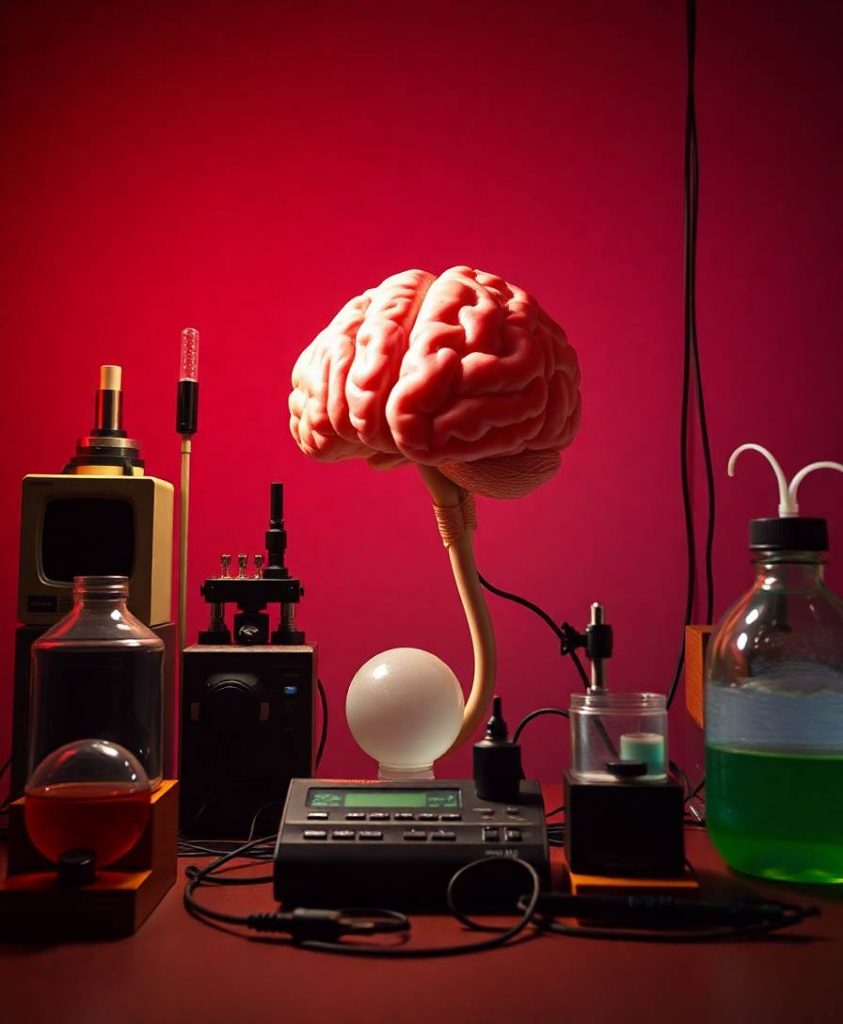The Expanding Landscape of Brain-Computer Interfaces
Imagine a world where you can control technology with your mind… well, that future is closer than you might think! Brain-computer interfaces (BCIs) are captivating scientists and engineers alike, as they open up a whole new realm of possibilities. BCIs allow direct communication between the brain and external devices, like computers or prosthetic limbs. It’s like having a superpower, where your thoughts can translate into actions! But BCIs aren’t just limited to controlling machines; they have potential applications in medicine, education, and even entertainment. With ongoing research, we may soon witness BCIs playing a crucial role in helping individuals with neurodegenerative disorders regain their independence. Excitingly, scientists are also exploring ways to enhance cognitive abilities and expand human capabilities through BCIs. If you’re intrigued by the possibilities of BCIs, be sure to dive into the fascinating research behind them!
Amir is a Pakistani-Canadian neuroengineer in Toronto, developing brain-computer interfaces to enhance learning. As a volunteer author, he shares insights on how technology can amplify cognitive abilities, drawing from his diverse South Asian-Canadian perspective.

